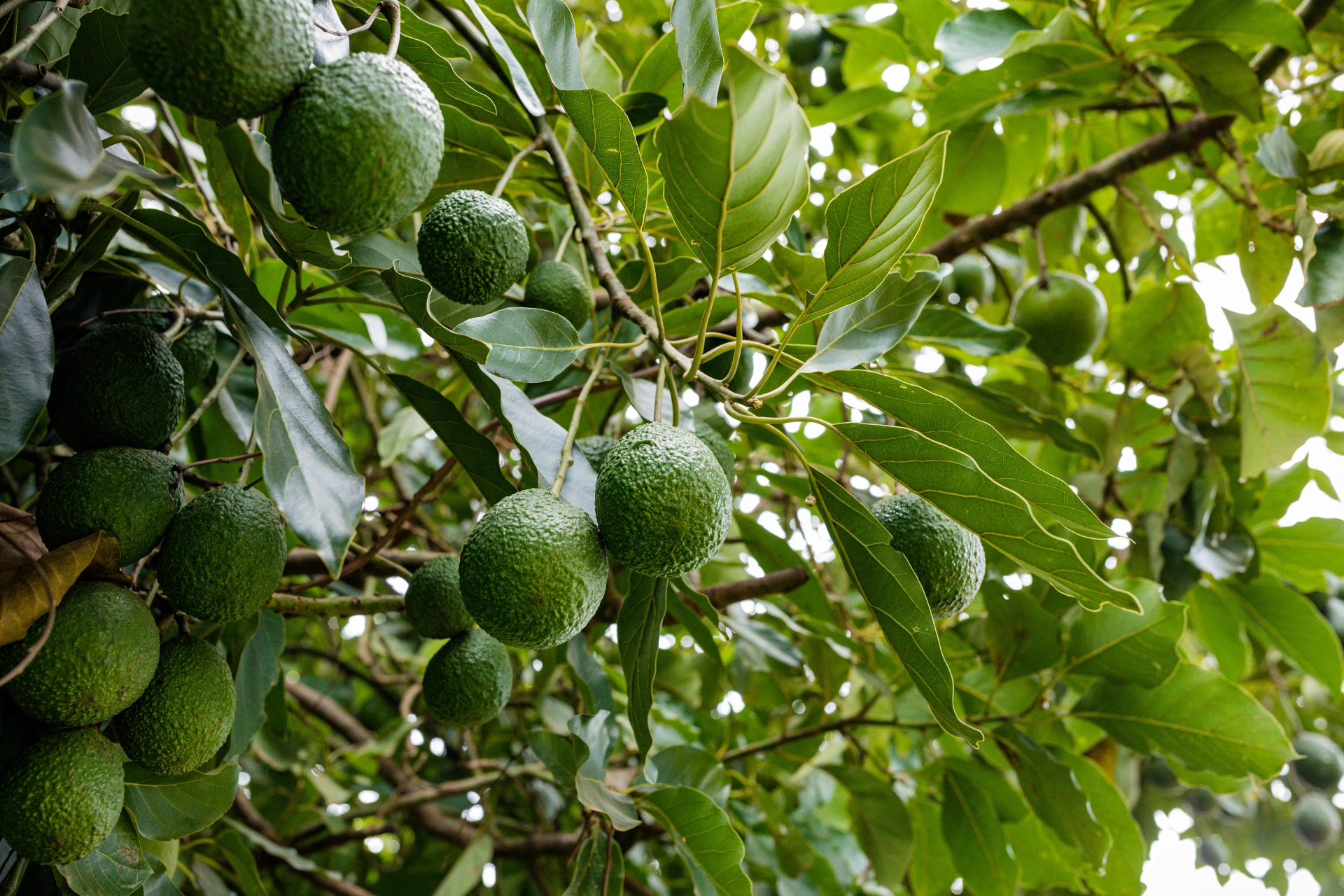Whether in a bowl, as a dip on bread, in a veggie burger or a power salad - the tasty and healthy nutrients of avocado have given the super fruit a terrific boom and made a certain industry rich. Unfortunately, with a bitter aftertaste. The more we love and crave the green, tropical fruit from the tropics, the more its production harms the environment and the people in producing countries. Do we now have to give up our beloved superfruit?
The making of the super fruit
Avocados originated in what is now known as Puebla, Mexico. Their existence can be traced back over 10,000 years. They were already then appreciated by the Aztecs as a delicacy and aphrodisiac. Since the worldwide avocado boom in the 1990s, they are now primarily grown for export to industrialised nations. As a result, global production has increased three times in the past 20 years: from 2.7 million in 2020 to 8 million tonnes in 2020.
The more avocados, the bigger environmental problems
Avocados have a poor ecological footprint because their cultivation leads to:
Water shortage, desertification, and forest fires
Tropical avocados are thirsty fruits: one kilo of avocados (three fruits) requires up to 1,000 litres of water, much more than one kilo of tomatoes or potatoes. Their increased production contributes to water scarcity in producing countries, which causes desertification and forest fires due to droughts in places like Portugal and Spain.
Transport emissions
Most avocados come from overseas, including Mexico, the Dominican Republic and Peru. Whether the fruit is shipped across the ocean or transported by plane, each avocado travels around 10,000 kilometres, from overseas to Europe, air-conditioned and cushioned. This produces a lot of CO2, a harmful greenhouse gas to the climate.
Loss of biodiversity
Demand for more cultivation land leads to an increase in illegal deforestation of natural forests. "Every year, 1500 to 4000 hectares of forest are cleared to make room for avocado fields," says Jaime Navia of the Mexican environmental protection organisation Gira. The problem with the cultivation of monocultures: they reduce biodiversity in growing locations and large amounts of pesticides are sprayed to protect the plants - which contributes to further destruction of ecosystems.
Guacamole crisis as a symbol of social injustice
 Avocados enjoy a tradition that goes back thousands of years in Central and South America. But due to high demand from western countries, they are now grown primarily for export, which results into fewer avocados for the locals. The scarcity of fruit has led to a price increase in producing countries.
Avocados enjoy a tradition that goes back thousands of years in Central and South America. But due to high demand from western countries, they are now grown primarily for export, which results into fewer avocados for the locals. The scarcity of fruit has led to a price increase in producing countries.
Furthermore, smaller farms are deprived of their livelihood because, on the one hand, avocado trees - compared to banana or mango trees - require more land and destroy the soil because they are sprayed and susceptible to pests. On the other hand, high-water consumption is a big problem because avocado production causes whole riverbeds to dry up, to the detriment of the local population and the animals. Future generations will probably not be able to grow anything in these regions.
Conclusion: Once the avocado trend is over, people in producing countries and local nature will struggle with the ecological consequences for a long time.
Sustainable avocado - do you exist?
Avocados are fruits that cause many social and environmental problems. Consumers leading a sustainable lifestyle have to pay attention to responsible consumption. In the case of avocados, it could look like this:
Check the origin
Israel and Spain have shorter transport routes.
Regional alternatives
Numerous regional foods contain one or more ingredients of avocados: Walnuts, chestnuts, olives, pulses (beans and lentils), flax seeds, berries or beetroot.
Crowd-farming
Adopt an avocado tree, for example in Spain. Give it a name and get avocados with an EU certified organic label.
Less avocado on the menu
From a nutritional point of view, there is no reason for vegetarians and vegans to eat more avocados. It is recommended to add fewer avocados to the menu by taking conscious decisions.